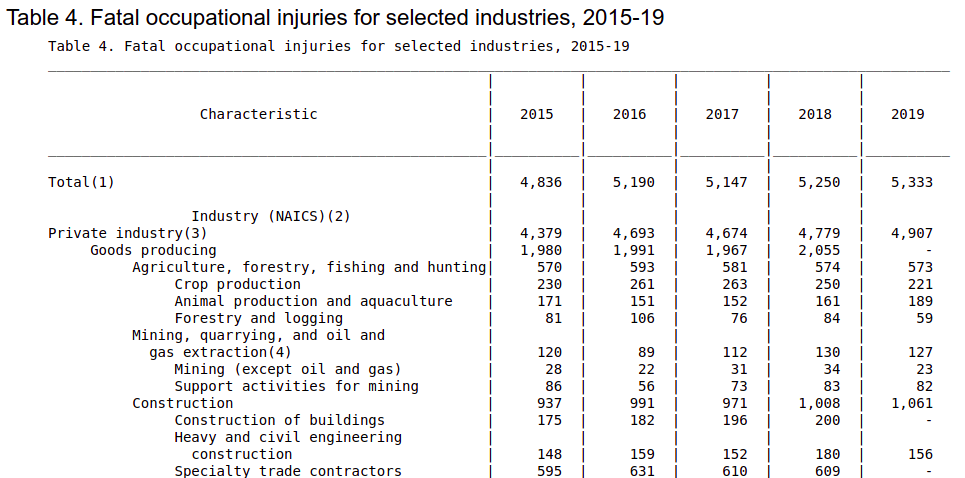
Drilling rig audits have relied heavily on manual inspection forms for a long time due to their simplicity and ease of access. However, drilling rig companies and drilling contractors face
more significant challenges to stay competitive while maintaining the health and safety of workers. Improving inspection procedures through inspection apps is the number one defining factor in staying ahead on safety and quality in the business.
One of the most efficient ways to improve the efficiency of your inspection process is by implementing an inspection app and/or hire rig inspection services. This user-friendly mobile app will help you conduct mobile inspections and equipment inspections faster in your construction site.
Although using an inspection app may sound challenging in initially, it was built for everyone to be able to use it. Going paperless is the next step forward and this new system will be the next step in improving your current one. Among other things, this inspection process ensures that your rig personnel follow guidelines to ensure the safety of the drilling operations and drilling equipment.
According to the Occupational Safety and Health Administration (OSHA), 127 workers in oil and gas died due to work-related injuries in 2019. Similar figures have been witnessed for several years, demonstrating that much needs to be done to improve health and safety.

(source: US Bureau of Labor Statistics)
Improving your inspection processes for your site, equipment and/or facility inspections can prevent such incidents and violations from occurring during rig operations.
On the other hand, a major headache for quality and safety managers is creating accurate and timely quality management systems that do not impact the company's revenues and protect workers at the same time. So, how do you implement and maintain consistent quality control processes that reduce defects, eliminate recurring issues, streamline communication, and capture milestones accurately?
A great place to start achieving your quality management goals is automating rig inspection processes and eliminating manual reports. Below, we examine all aspects of drilling rig audits that are fit for purpose and provide ready-to-implement solutions to transform your quality management systems.
Benefits of Automating Drilling Rig Inspection Procedures
Automating drilling rig complete inspections streamlines hectic and chaotic project management procedures. In addition, inspection apps have dramatically improved how quality management professionals conduct maintenance and inspection activities.
Here are four benefits to automating your drilling rig audits:
1. Improved Communication
By far, the biggest challenge in conducting accurate inspections is streamlining communication. Automating your inspection cycles reduces instances of broken communication among rig workers because everyone's operating on a uniform application. Employees get customized notifications, inspection reports are sent instantly to recipients, and deficiencies are communicated faster. All these aspects improve communication and information flow in the long term.
2. Consistent Results
Getting accurate results is a challenge when you carry out inspections using paper forms because of the risk of human error. You also don't have eyes on everyone conducting inspections, so information gets distorted or falsified. Automating inspection exercises creates consistency due to unified reporting templates. It's easier to pick out inaccurate reports, and you get to monitor inspections in real time.
3. Cost Management
A well-designed inspection procedure should help clients reduce their overall costs by identifying recurring problems, reducing machinery defects, and highlighting redundant processes. When you take it a step further and automate your inspections, you tap into historical inspection data to further track, allocate and improve resource usage. From that data, you can identify areas that are under-utilizing or over-using resources, and can recommend measures to manage costs.
4. Improves Work Processes
Quality managers need to provide accurate reports on their activities to all stakeholders. Automating your checklists and inspection procedures creates an easy-access catalog of helpful information for other departments.
You can pull out reports relevant to the project owner or other team members that help them make better business decisions. With time, your role becomes a strategic part of the organization and not just an operational aspect.
Drill Rig Safety Checklist
Rig Checks, developed by the National Institute for Occupational Safety and Health (NIOSH), are the recommended standard in inspection procedures and consist of 35 inspection forms. As you work with inspection apps, make sure to counter-check their inspection lists versus NIOSH Rig Checks to make sure they've captured all the required checklists to avoid non-compliance.
These forms provide a template to inspect the safety of tools and equipment within the oil and gas industry. The lists are divided into ten categories, and each has its subcategory of forms that include instructions for assessing and documenting the condition of rig equipment and safety practices.
FTQ360 has integrated NIOSH's inspection checklists and further customized the forms to each industry with over 500 forms available in our quality management software.
Selecting the Right Inspection Management App
Knowing the right inspection software to manage your quality management processes is critical to your company's success, the safety of workers, and regulatory compliances.
Below are the key factors to look out for when shopping for an inspection management app:
1. Provides Project-Specific Testing and Inspection Plans
All projects are unique – therefore, your application must have the ability to generate customized and field-tested inspection plans.
2. Guarantees Compliance
Inspection goes hand-in-hand with adhering to health and safety standards. The application you choose must have built-in compliance checks that are consistent with NIOSH regulations. Also, ensure the software complies with industry standards and has all the required certifications.
3. Advanced Analytics
In the age of data, you'll miss out on valuable insights if your application cannot generate real-time analytics on performance, resource usage, and any other data relevant to your business's operations. For example, a good inspection software collects valuable information such as equipment performance, training needs, cost management – all of which are valuable insights that improve performance.
4. Mobile inspection Apps
Inspection software should not be confined to the desktop. A good solution will ensure you can conduct rig inspections through any mobile device. The best apps are accessible offline, accommodate one-handed reporting, and allow workers to take photos and videos and upload them to the platform. In addition, all the features of a desktop application are available on mobile to allow operators and technicians to access the same features as employees working on desktop computers.
FTQ360 Oil and Gas Inspection Software
FTQ360's quality management software is built by industry experts, complete with field-proven processes and checklists. Our inspection apps provide solutions in quality management, safety management, risk compliance, and construction management. Book a Free Demo to see how you can revolutionize your drilling rig audits.
![[DOWNLOAD THIS GUIDE TODAY] HOW INSPECTION APPS ARE DRIVING DIGITAL TRANSFORMATION IN THE OIL & GAS INDUSTRY](https://no-cache.hubspot.com/cta/default/3353989/8b58e27f-154e-49a2-beaa-d972aede0717.png)
